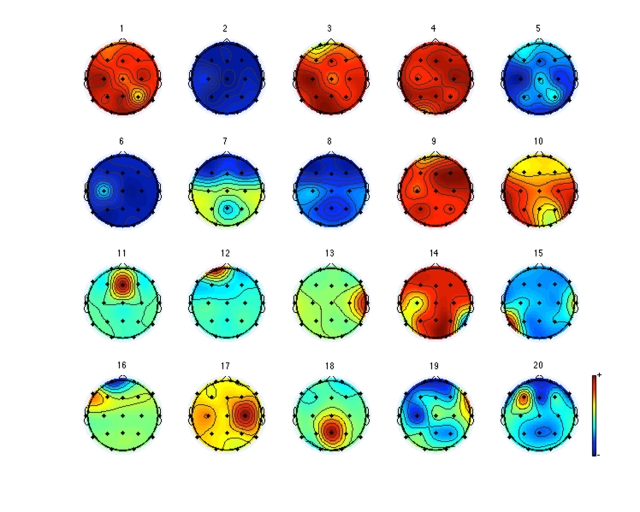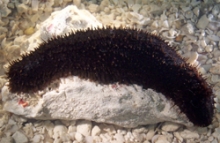Neurobiologia
Research team at the UPR-School of Medicine discovers how the brain responds to frustration
Submitted on 20 April 2017 - 3:14pm
This article is reproduced by CienciaPR with permission from the original source.
Scientists at the Medical Sciences Campus study the basis of fear
Submitted on 29 November 2012 - 10:10am
This article is reproduced by CienciaPR with permission from the original source.
Taking science outside the research lab
Submitted on 25 October 2012 - 10:01am
This article is reproduced by CienciaPR with permission from the original source.
Searching for a job!
Submitted by Jessenia Y Laguna-Torres on
Sea cucumbers and regeneration
Submitted by Anonymous (not verified) on













